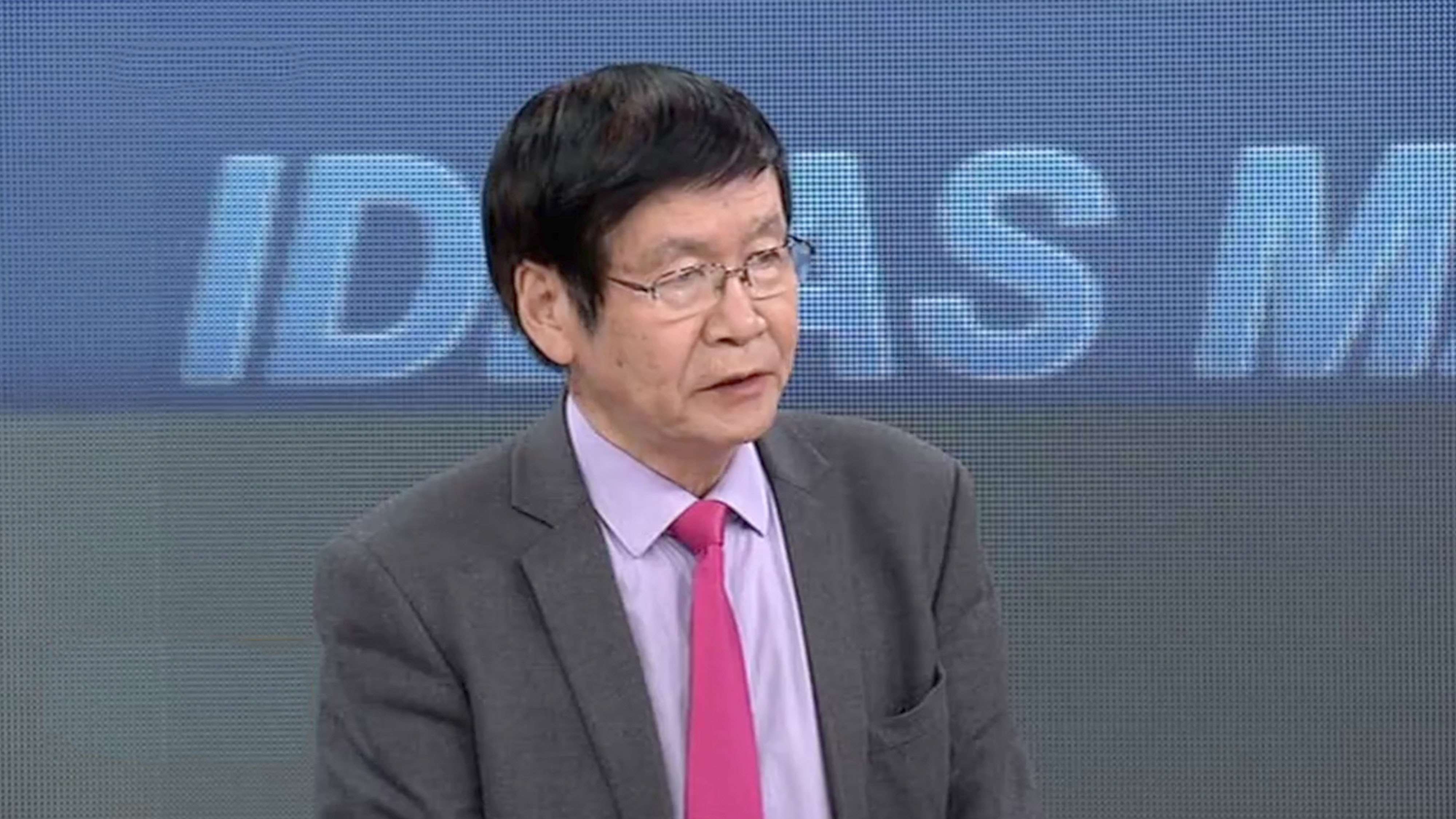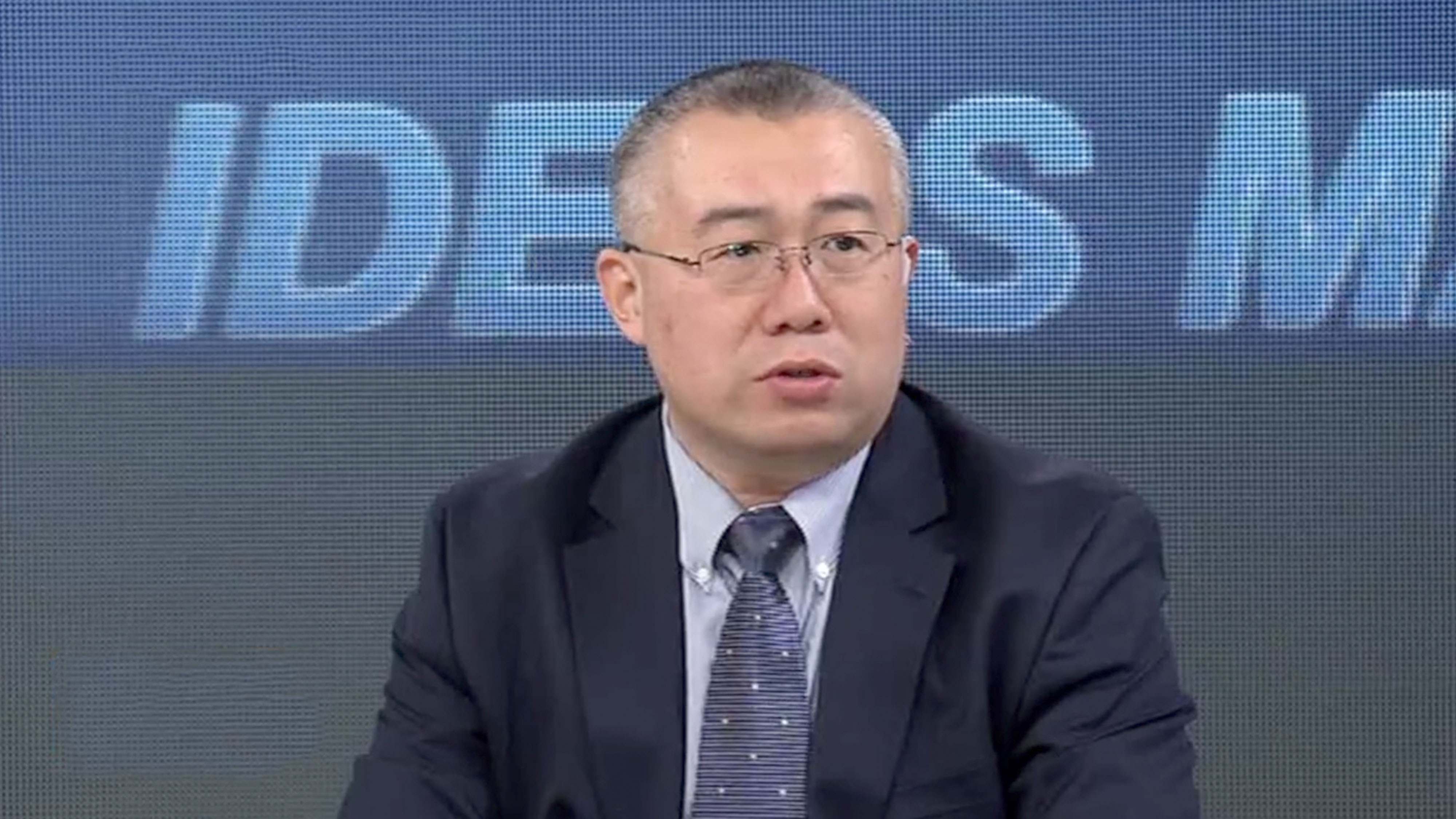
TV Show
12:44, 07-Mar-2019
What does China's draft foreign investment law tackle?
Dialogue with Yang Rui
00:57

Chinese advisers and lawmakers have their plates full at the ongoing Two Sessions, where bills are being deliberated and discussed. One important item for foreign investors on the agenda is the draft foreign investment law, which will set the tone for the future investment environment of the country.
Some argue that China wants to introduce the new law ahead of a future possible summit between President Xi Jinping and his U.S. counterpart President Donald Trump, but time is limited.
So what are the chances of this bill being passed?
00:59

Yan Se, an associate professor of economics at the Guanghua School of Management at Peking University, is optimistic.
The reason is that the content of the bill is in line with the Chinese government's longstanding position. Therefore, in his opinion, the law will not trigger controversy in the foreseeable future, both domestically and internationally. How well the law may be enforced, however, may differ from place to place.
The most important part of this law is the protection of IP. As a "latecomer" to IP development, China is often the target of complaints by Western countries.
Liu Zhiqin, a senior fellow from Chongyang Institute for Financial Studies at the Renmin University of China, said that problems related to IP protection are global, not just China specific, noting that the country must get over such hurdles as soon as possible.
"Although China has done a lot to safeguard IP, we are still not meeting the demand from abroad; this is a big challenge for China," he said.
00:42

China's alleged lack of protection of IP is one of the sticking points of the China-U.S. trade talks. Due to mistrust between the two countries, supervising the law implementation is a vital question for both countries.
Yan believed because of mutual mistrust, the U.S. will insist on an alternative mechanism, perhaps trying to play a supervisory role. "For example, they will send someone here to supervise the implementation."
He also predicted that China won't accept such a condition and noted that this could be the biggest disagreement between the two countries.
Shao Yu, chief economist and deputy CEO of Orient Securities Company Limited, said in the future, there would be a chance for the U.S. and China to set up a joint working team to supervise the enforcement of the law for a certain period of time.
Another worry is that local governments could abuse the law to ensure the maximization of economic benefits. Yan noted the central government will ensure the full enforcement of the law, while Liu said the enforcement process will fully take care of the interest of the Chinese people and Chinese conditions.
The second article of the foreign investment law focuses on the issue of so-called forced transfer technology, which the U.S. accuses China of doing. Such allegations will be dismissed in this year's Two Sessions.
Shao expressed belief that as the opening-up process continues, many sectors especially the service sector will open more to U.S. companies.
"For example, you can see the very famous automobile brand Tesla already established a whole branch in Shanghai."
(If you want to contribute and have specific expertise, please contact us at opinions@cgtn.com.)

SITEMAP
Copyright © 2018 CGTN. Beijing ICP prepared NO.16065310-3
Copyright © 2018 CGTN. Beijing ICP prepared NO.16065310-3